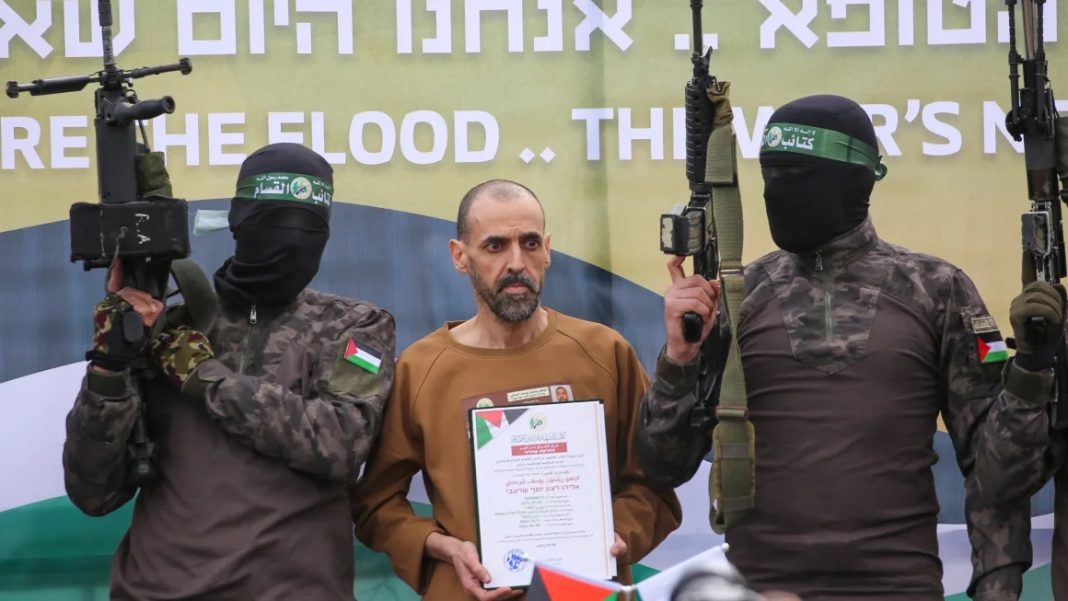TEL AVIV, Israel — The shocking images of three recently freed Israeli hostages—emaciated and visibly frail after 16 months in Hamas captivity—have intensified concerns over the condition of those still being held in Gaza.
While the public reeled from the sight of their deteriorated state, Israeli officials say they had long been aware of the dire conditions many hostages have endured.
Two Israeli officials told CNN that intelligence reports for months have indicated that many of the remaining hostages are in poor health, with some in even worse condition than those recently released.
“It wasn’t a surprise for us,” said one official, adding, “From this moment onward, we expect worse scenes.”
The freed hostages—Eli Sharabi, Or Levy, and Ohad Ben Ami—were handed over to the Red Cross in Gaza on Saturday as part of the ceasefire-for-hostages deal between Israel and Hamas.
The three men, all visibly malnourished, were paraded by Hamas fighters before their release, sparking widespread outrage and renewed scrutiny over their treatment.
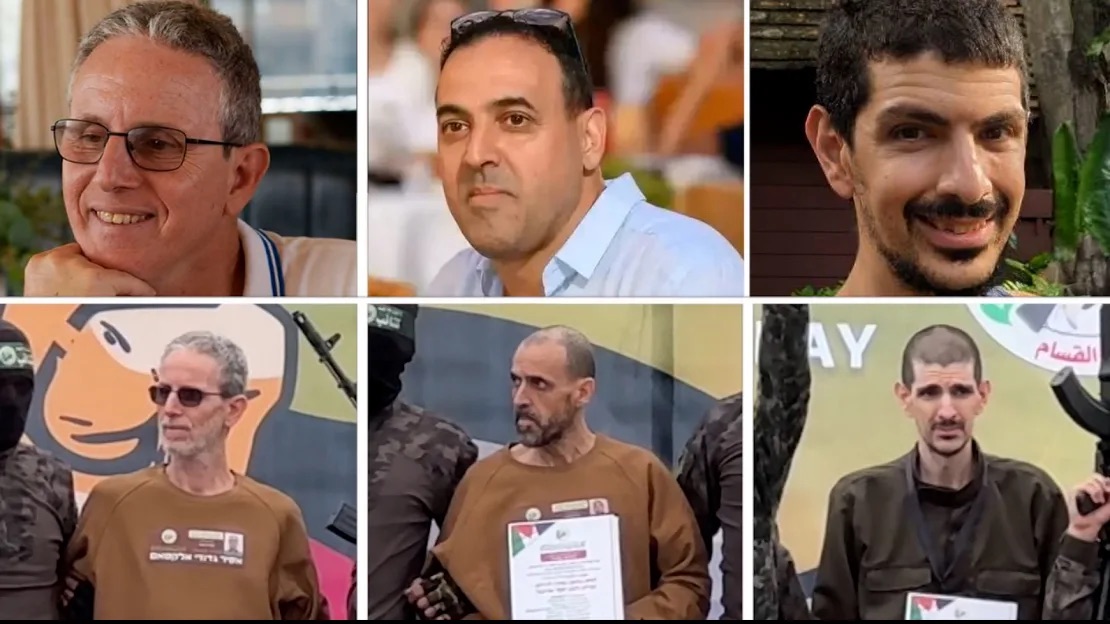
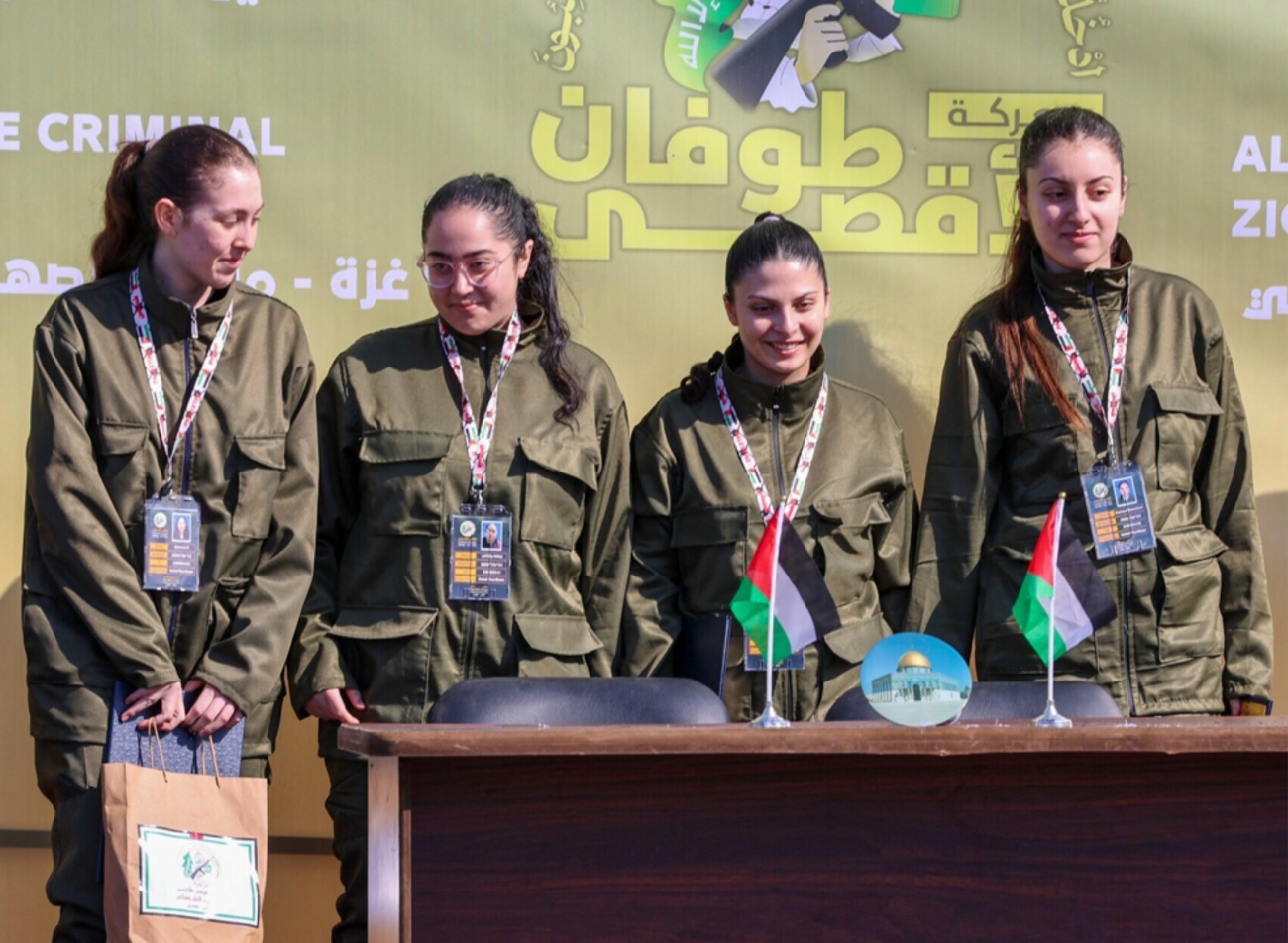
Allegations of Severe Mistreatment
Relatives of the freed men have since spoken out about their suffering. Michael Levy, Or Levy’s brother, said his sibling had endured constant hunger and fear for nearly a year and a half.
“He came back in poor physical condition. Anyone who saw the pictures and videos couldn’t ignore it. For 16 months, he was hungry, barefoot, and in constant fear that every day could be his last,” Levy said, according to the Hostages Families Forum Headquarters.
Reports from former captives and their families paint a grim picture of systematic mistreatment, particularly of male hostages.
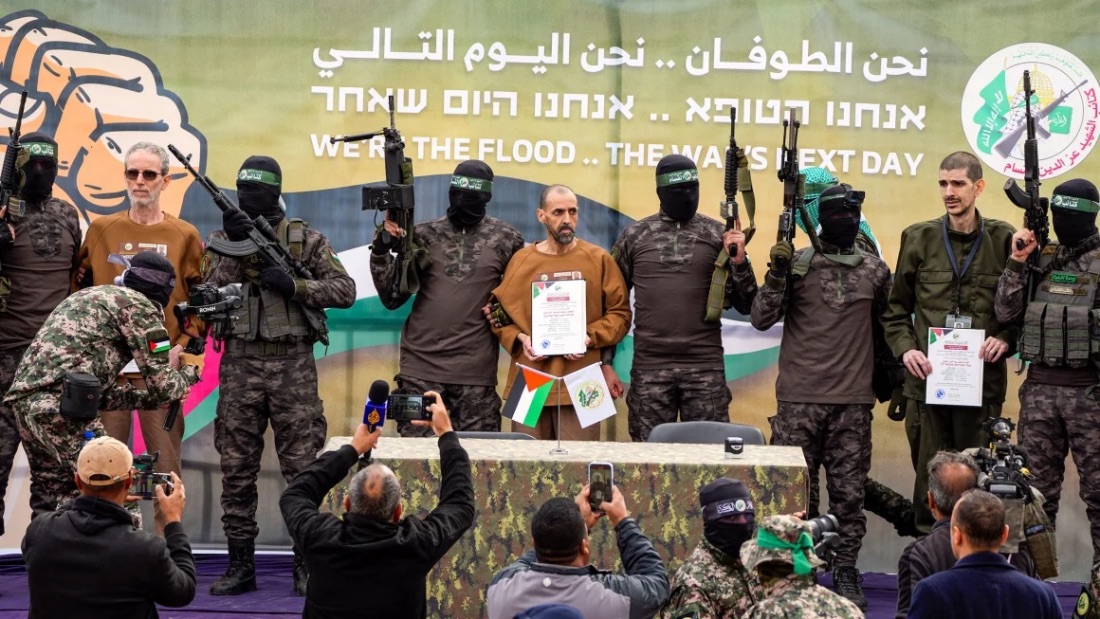
Intelligence assessments indicate that Hamas has treated men far worse than women, providing them with less food and keeping them in more severe conditions. Some male hostages were reportedly bound in chains for extended periods.
In a deeply emotional interview on Israel’s Channel 12, the mother of hostage Alon Ohel, 24, described the suffering her son had endured.
“He has shrapnel in his eye, he has shrapnel in his shoulder, he has shrapnel in his arm. Alon was bound in chains this entire time, and he had almost no food—at most one pita a day, over a very, very, very long time, more than a year,” said Idit Ohel.
Speaking at a news conference on Sunday, Ella Ben Ami said her father, Ohad, “went through hell” in Gaza and pleaded for more to be done to bring home those still in captivity.
“I had many pictures in my mind of my dad, but nothing prepared me for those pictures of him on that stage in Gaza. I was sure that I would be strong, but I fell on the floor and screamed, ‘I’m sorry,’” she said.
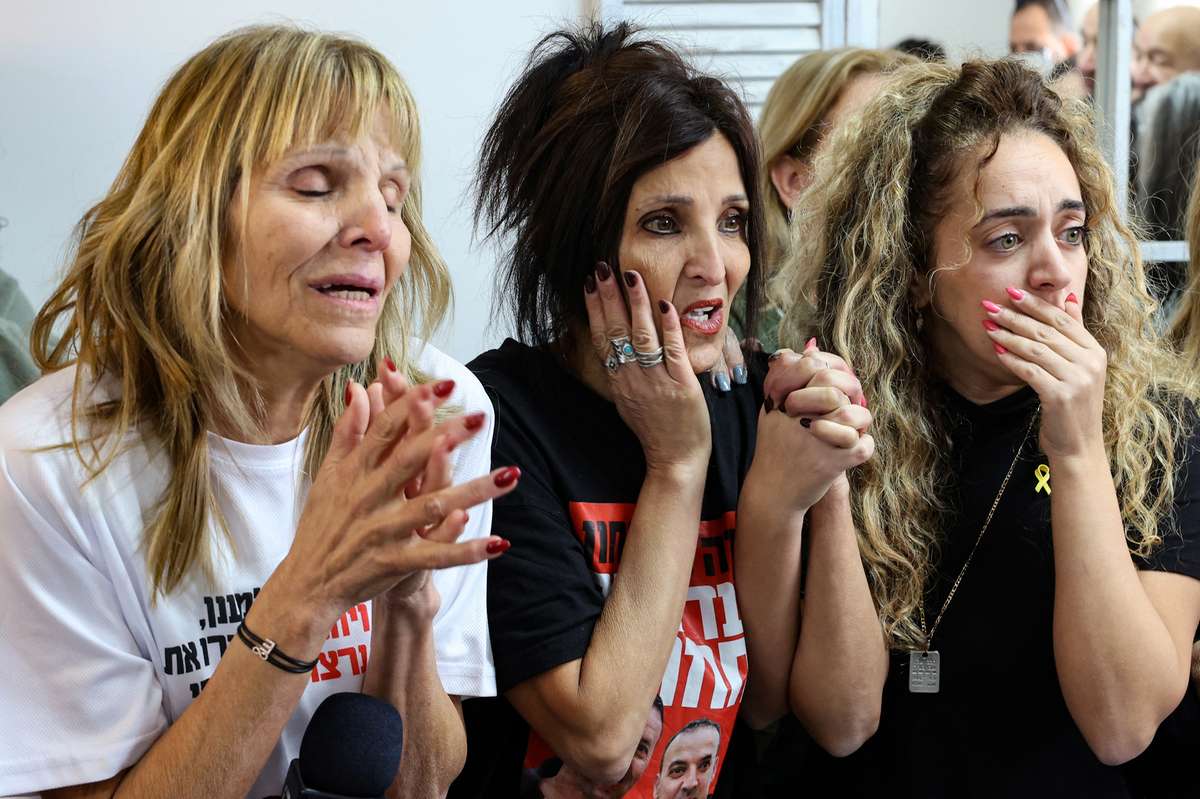
Hamas Delays Further Hostage Releases
Hamas has postponed the next hostage release scheduled for Saturday, accusing Israel of violating the ceasefire agreement.
The delay has heightened anxieties over the fate of the remaining Israeli captives, who are believed to be enduring increasingly harsh conditions.
The Israeli military, meanwhile, confirmed on Tuesday that 85-year-old hostage Shlomo Mantzur had been killed during the Hamas-led attack on October 7.
His body has since been held in Gaza.
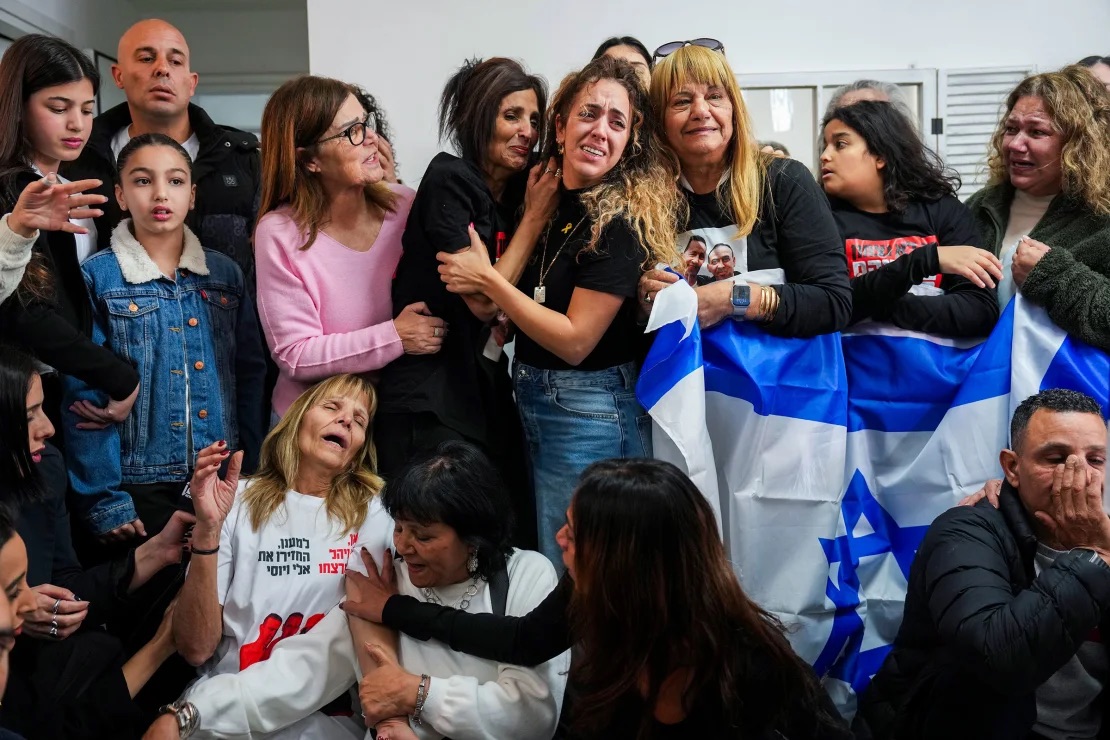
The Israel Defense Forces said Mantzur’s death was confirmed after months of intelligence gathering, with verification from multiple agencies, including the Ministry of Health and the Israeli Police.
With the status of dozens of hostages still uncertain and their conditions deteriorating, pressure is mounting on Israeli and international negotiators to ensure their safe return.
The hostage crisis remains one of the most painful and unresolved aspects of the ongoing Israel-Hamas conflict.

